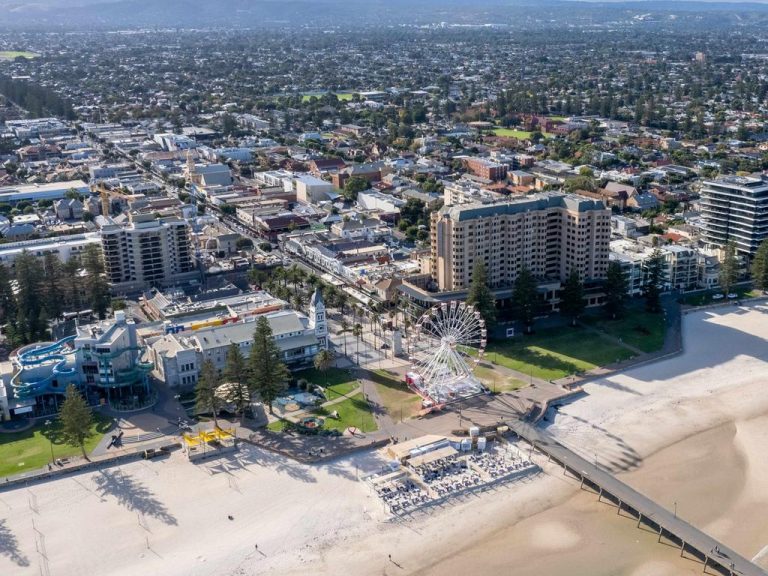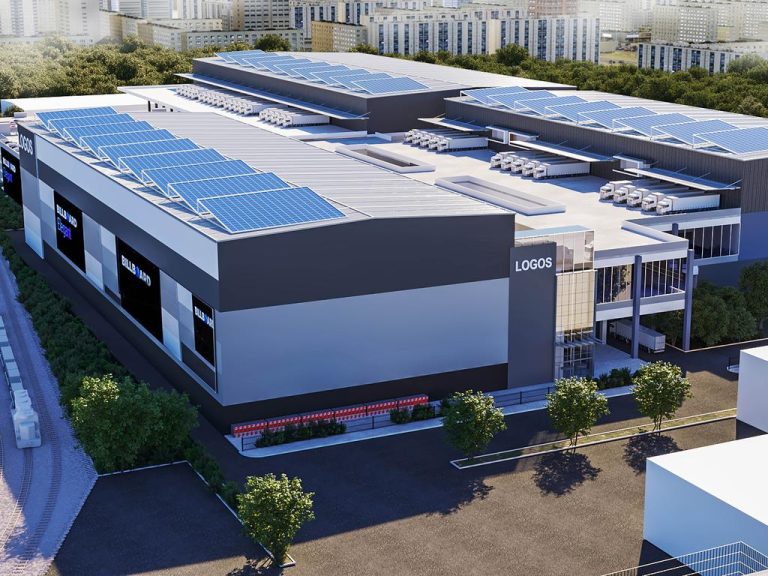Flexible working space in demand to lure workers back to offices

AMP Capital’s 35 Collins Place in Melbourne.
Top end flexible workspace provider The Executive Centre says it is seeing stronger demand for its services as large companies seek to lure staff back to the office.
The service, which is dotted across some of Australia’s best towers, has been in expansion mode, defying the coronavirus crisis and problems that have struck some co-working companies.
Both WeWork and the listed Victory Offices have taken losses as they pulled back from some locations as the pandemic reordered office markets.
The Executive Centre’s business model puts a focus on large multinational corporations, while also having the capacity to serve smaller tenants. Both categories of space users are in the midst of working out their needs in the wake of the pandemic.
Flexible work and office space are likely to become a part of the mix which big companies use when determining their staff. This could help developers of new space and landlords looking to spark up existing buildings.
The Executive Centre Country Director, Australia, Robert How, says that despite much talk about a switch to hub and spoke models, central business districts remained essential for bringing people together.
“That’s where we are and that’s where we see our clients wanting to be,” he said. The company primarily housed multinational corporations, which make up more than 70 per cent of customers.
Their size and security made a big difference when the pandemic hit, despite some changes. “Ultimately, they weren’t businesses that were going to scale back drastically,” Mr How said.
The company is now seeing a pick up among small to medium enterprises and more mature start-ups. It can accommodate shorter term stays of about 12 months.
“Then maybe they’ve moved back into a longer term lease premises,” Mr How said. But on the flip side, a lot stay much longer, putting the average length of stay at about 36 months.
This also gives companies the ability to accommodate interim requirements, for project or swing space. “So it’s really about giving flexibility to accommodate the changing needs of both MNCs and SMEs.”
Mr How said landlords were shifting from a fairly rigid traditional leasing model. “And that might be providing their own flexible workspace products or partnering, or via The Executive Centre, with flexible work spaces in their building,” he said.
The company is expanding in Sydney and Melbourne. It is opening at AMP Capital’s Collins Place in Melbourne and at Angel Place in Sydney, reflecting improved demand for flexible workspace.
“We’re opening in locations where we see clear signals that there’s strong demand,” Mr How said. “We’re not about going out there and gobbling up as many leases as we can, and putting our business model at risk.”







